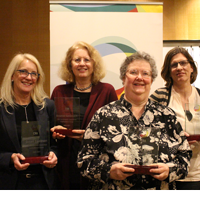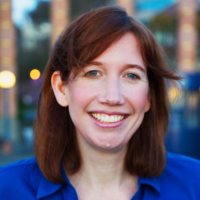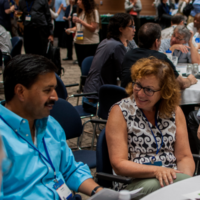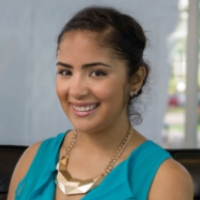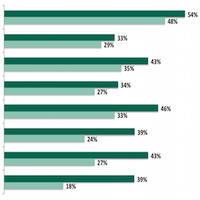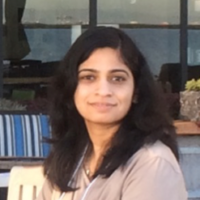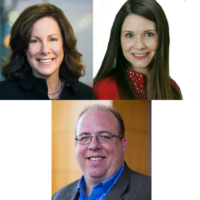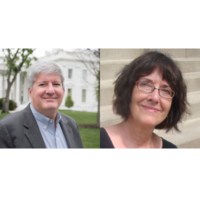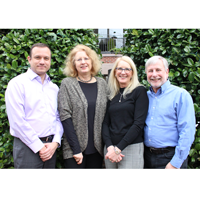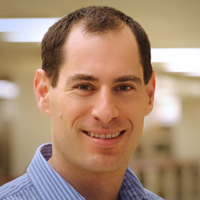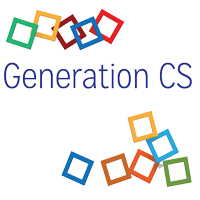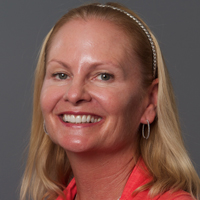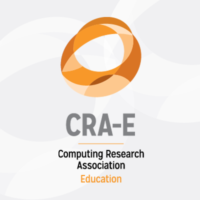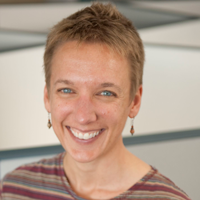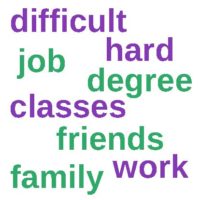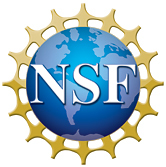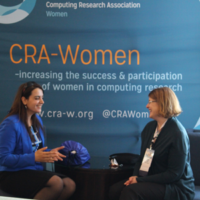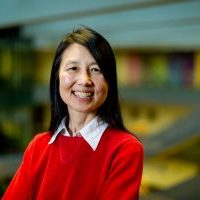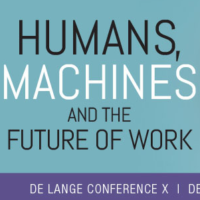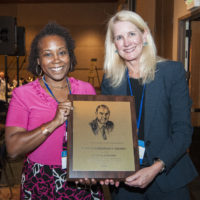The Computing Research Association Education Committee (CRA-E) is now accepting applications for the CRA-E Graduate Fellows Program. The program provides opportunities for Ph.D. candidates in computing fields to contribute to CRA-E projects, network with computer science education advocates on the committee, engage in advocacy for mentoring undergraduate students and promote undergraduate research and education at the national level.
CRA-E plans to appoint up to two graduate fellows per year, who will serve as members of the committee, providing a voice for graduate students. The fellows will attend the annual CRA-E meeting (travel expenses funded by CRA-E), serve on a CRA-E subcommittee related to their interests and expertise, and contribute to the CRA-E Conquer site that provides resources for undergraduate research and applying to graduate school.
